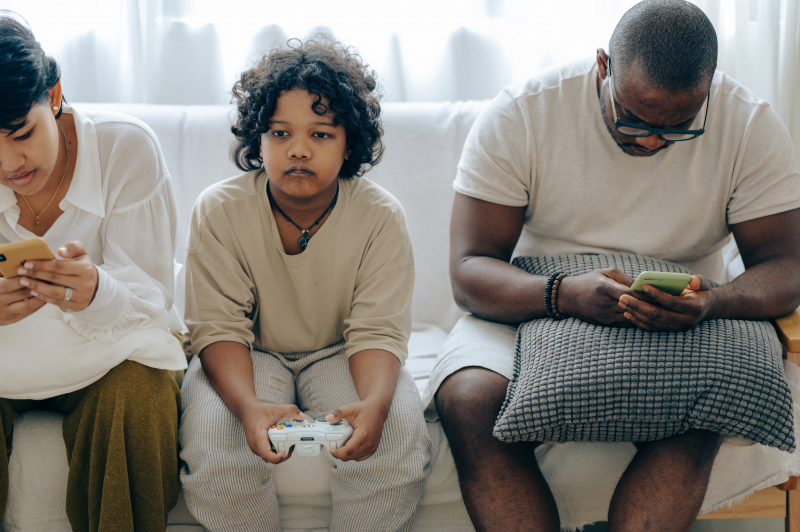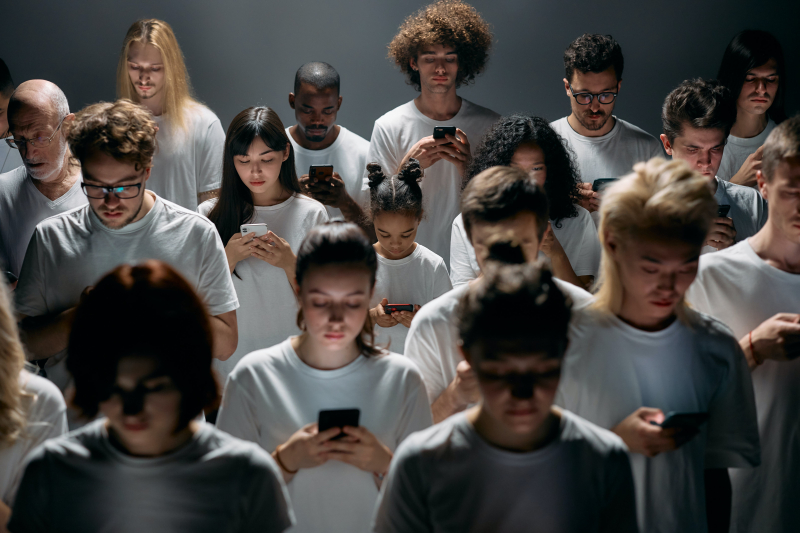Social Media Addiction
Essay topic: The Cause and Effect of Social Media Addiction
Answer:
In the contemporary digital age, the prevalence of social media has surged, bringing with it the burgeoning concern of social media addiction. Social media platforms offer a continuous stream of information, validation through likes and comments, and the semblance of staying connected with a vast network of individuals. Consequently, users find themselves drawn into a cycle of compulsive checking, creating a dependency that can have profound effects on various aspects of their lives.
The primary effect of social media addiction is the erosion of real-world relationships. As individuals become engrossed in their online personas, the time and emotional energy invested in face-to-face interactions diminish. This detachment from the physical world can lead to a sense of isolation, affecting personal relationships, work dynamics, and overall well-being.
Additionally, the addictive nature of social media can disrupt sleep patterns, contributing to a decline in mental health. The incessant need to stay connected, even during nocturnal hours, results in sleep deprivation, heightened anxiety, and diminished cognitive function.
Moreover, social media addiction has implications for productivity and academic performance. The constant distraction of notifications and the allure of scrolling through timelines can impede concentration and focus. As a consequence, individuals may find themselves procrastinating on essential tasks, leading to a decline in productivity. In academic settings, this can manifest as reduced study time, lower grades, and a compromised educational experience.
Also, social media addiction significantly harms mental well-being, causing stress, anxiety, and low self-esteem through constant social comparison. The fear of missing out amplifies these effects, emphasizing the urgent need to address mental health repercussions for a balanced and fulfilled society.
In conclusion, the causes of social media addiction are rooted in the desire for constant connectivity and instant gratification. The effects, however, extend beyond the digital realm, impacting real-world relationships, mental health, and productivity. As society grapples with the pervasive influence of social media, it becomes imperative to strike a balance between online engagement and the preservation of a healthy, fulfilling offline life.












